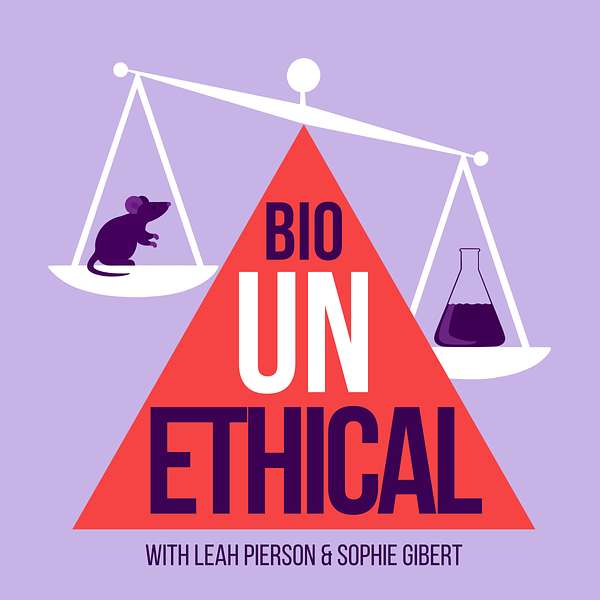
Bio(un)ethical
The podcast where we question existing norms in medicine, science, and public health.
Bio(un)ethical
#5 Chris Robichaud: Can we teach people to be more ethical?
In this episode, we speak with Dr. Christopher Robichaud, Director of Pedagogical Innovation at Harvard’s Edmond and Lily Safra Center for Ethics, about whether and how we can teach scientists, doctors, and other professionals to be more ethical, what the goals of ethics education ought to be, and how we can know we’re achieving them.
(00:00) Our introduction
(13:18) Interview begins
(17:39) Does ethics education miss the point?
(22:05) Four goals of ethics education
(30:05) Goals: Improving moral reasoning
(32:39) What drives the focus on moral reasoning?
(36:05) Does focusing on moral reasoning promote moral relativism or nihilism?
(39:24) Goals: Promoting good behavior
(41:49) Goals: Cultivating moral perception
(47:43) Goals: Helping students live good lives
(51:33) Strategies for teaching ethics to practitioners
(53:43) The Applied Model for teaching practical ethics
(57:29) Measuring the effectiveness of ethics education
(1:04:46) Chris’s take on Effective Altruism
(1:07:38) Philosophical underpinnings: Williams and Murdoch
Referenced:
- Daniel Callahan, “Chapter 2: Goals in the Teaching of Ethics” in Ethics Teaching in Higher Education
- Leah Pierson, “Ethics Education in U.S. Medical Schools’ Curricula”
- Rachel Mintz, Leah Pierson, and David Gibbes Miller, “Rethinking Professionalism Assessments in Medical Education”
- Leah Pierson, "Ethics Education in U.S. Medical Schools' Curricula"
- Derek Bok, “Can Ethics Be Taught?”
- Anthony Burgess, A Clockwork Orange
Bio(un)ethical is a bioethics podcast written by Leah Pierson and Sophie Gibert, with editing and production by Ambedo Media (previous production support by Audiolift.co). Our music is written by Nina Khoury and performed by Social Skills. We are supported by a grant from Amplify Creative Grants.